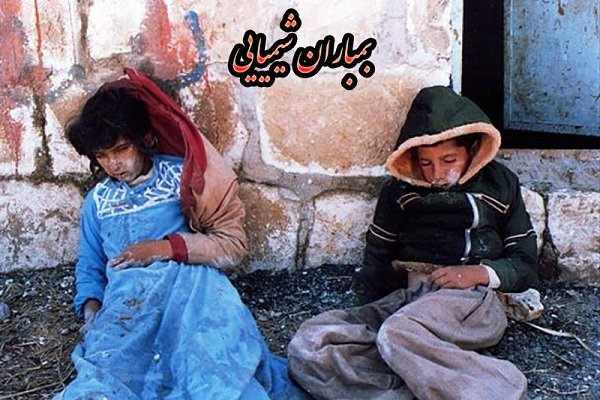Zarif urges WMD fight as Iran marks gas attack on Sardasht

TEHRAN - Foreign Minister Mohammad Javad Zarif released a statement on Thursday sympathizing with the victims of chemical attack on the Iranian Kurdish town of Sardasth by the Saddam regime in 1987 and renewing Tehran’s demand for a total ban on production and use of weapons of mass destruction (WMDs) in the region and the world at large.
“The Islamic Republic of Iran, as the biggest victim of chemical weapons, once again underlines the need to condemn the use of weapons of mass destruction, including chemical arms, in any place, by any person and under any circumstances,” Zarif stated in part of his statement.
Following in the full text of the statement posted on the Foreign Ministry website:
June 28, 2018 marks the 31st anniversary of the disastrous gas attack by the Iraqi Ba’athist regime on innocent and oppressed people of Sardasht. This day is designated as National Day of Fight Against Chemical and Biological Weapons in the Iranian calendar. The reality is that the calendar can register this human disaster only on one of its pages while the innocence and resistance of the people of Sardasht have been registered eternally in all pages of history. Likewise, the memory of the bravery and sacrifices of martyrs and disabled war veterans has been etched in the collective memory and conscience of Iranians and freedom-seeking people across the world. Failure to punish those behind the brutal act of using chemical arms on a large scale and the blind global support for it has redoubled the sorrow and sufferings of the survivors of the Sardasht tragedy on the one hand, and paved the way, on the other hand, for a repeat of similar heinous crimes, this time by terrorist groups against civilians in Syria and Iraq. Today, we are unfortunately witnessing a repeat of the same past mistakes by domineering powers and the equipment of terrorist groups such as ISIS with poisonous materials and chemical weapons, and the use of them by terror groups in Syria and Iraq’s domestic developments. The international community should fulfill its responsibility in dealing with this issue, so that it will not witness a repeat of crimes such as the [gas attacks on] Sardasht and Halabja.
The Islamic Republic of Iran, as the biggest victim of chemical weapons, once again underlines the need to condemn the use of weapons of mass destruction (WMDs), including chemical arms, in any place, by any person and under any circumstances, and categorically condemns the double-standard policies, the distinctions typically made by certain Western governments between their own citizens and others, the politicization of the Organization for the Prohibition of Chemical Weapons (OPCW), and certain countries’ cashing in on technical issues at the OPCW.
I commemorate the memory of the martyrs [who lost their lives in gas attacks] as well as the resistance and patience of the people with disability caused by injuries during chemical attacks, and express my heartfelt condolences to the respected families of the martyrs of this unforgettable tragedy, and offer prayers to the lofty souls of those killed in the gas attack on Sardasht. I ask God Almighty to bestow divine reward upon all those who suffer from disability or injuries as a result of chemical attacks, and wish them a rapid recovery.
The United States has, so far, reneged on its commitments under the Chemical Weapons Convention (CWC) and has openly contravened the convention. The Islamic Republic of Iran, as an active member of the OPCW, along with other member states asks the U.S. to remain committed to its obligations under the convention, and dismantle its chemical weapons completely and in a non-reversible manner under international supervision. The two aggressor and notorious regimes of the U.S. and Israel, which oppose and impede the creation of a WMD-free zone in the Middle East, shoulder the global responsibility for the specter of these anti-human weapons looming large over this sensitive region, and must be taken to task and be condemned by the international community. Meanwhile, the dismantling of nuclear, biological and chemical weapons of the Zionist regime [of Israel], as the biggest threat to regional and global security, should be guaranteed through the coordinated pressure of the international community.
At the end, I emphasize that the Ministry of Foreign Affairs [of Iran] will, through international legal channels, seriously pursue the restoration of the rights of those suffering from disability caused by chemical attacks and other victims of the attacks. We hope a day will come when peace and prosperity will replace devastating destruction and war, and threats to use different types of WMDs against humanity will be removed.
Leave a Comment